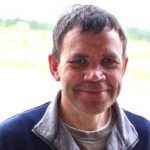
Ayear into the coronavirus pandemic with, perhaps, a light now just about visible in the distance as vaccines continue to be administered at an encouraging rate, there is much that we can learn by looking back on the last twelve months.
It is possible to be content with less.
Rather than constantly striving to gain more from this life, we would do well to be content to enjoy the gift of life we already have. We can eat drink and be merry, not merely because that is all that there currently is and that tomorrow we might die, but rather because today we are alive, and there is food, drink and merriment here to be enjoyed. We should be thankful for all that we have already been given and encourage our patients to be thankful too, especially those who seem unreasonably dissatisfied with their minor concerns. Discontent breeds unhappiness and causes us to waste too much time in pursuing the unattainable.
We should be thankful for all that we have already been given.
We do not know what tomorrow will bring, still less that which will occur next week, next month, next year. We are neither the master of our fate, nor that of those we love, or indeed those for whom we care. It is foolish to imagine or insist that we can control even our small corner of the world and, whilst not encouraging a careless disregard for the safety of others, it is foolishness for us to try. Furthermore we should not be too surprised when the unexpected occurs, regardless of how unwelcome that occurrence might be.
There is much we do not and can not know
And, what’s more, plenty that is not for us to ever know. With experts in constant disagreement and governmental advice changing every day, neither scientists nor politicians can be expected to guide us infallibly in how best to proceed. Since even science is not omniscient, wisdom dictates that we acknowledge how little we truly understand. We should neither arrogantly pretend that we invariably know best nor intolerantly criticise those who clearly don’t know either. Everyone makes mistakes and all of us are allowed to sometimes be wrong.
An unhealthy and excessive fear of death enslaves us.
An unhealthy and excessive fear of death enslaves us.
Whilst it is perhaps only human to be anxious at the prospect of our death, only ever acting is ways that reduce our chances of dying serves only to make us less humane. Furthermore, slavishly submitting to another set of rules will not keep guarantee our safety, and there comes a point when our attempting to do so leaves us no longer having any point in being alive, as we fail to live the life we have been given. Such a life would be nothing more than a living death.
The elderly may be old but they’re no less human as a consequence.
In the early days of the vaccination programme, the joy of meeting and vaccinating those frail but affable and life affirming individuals who found themselves most vulnerable to Covid 19, was a vivid reminder that the elderly count. They must not be disregarded, lost in the statistics which can too easily suggest that their death, on account of their multiple pathologies and advanced years, doesn’t matter. We mustn’t become immune to the sadness that surrounds death, no matter how inevitable it may be.
It’s not only the exceptional that are worthy of our care.
Remarkable though the achievements of Captain Tom were, the week he died another frail elderly man died, also as a result of Covid-19. Few will know his name, only those who loved him for who he was, and many of them will themselves not be fully aware of the ‘heroics’ of his life – how he worked to provide for his family, how, year after difficult year, he was there for his children, and how it was his habit to show kindness to those he lived alongside in the community where he made his home. His too, in its ordinariness, was a remarkable life. Similarly, the frail elderly lady who, that same week, covered in a sea of blankets and confined to the chair in which she was wheeled to my vaccination station, despite her crumpled body, closed eyes and mute lips, was no less worthy than her more able peers of a dose of vaccine, a shot of love.
We .. need to be .. careful that …we don’t lose sight of the value of the ordinary.
Life shouldn’t be competitive, a race to see who wins, rather it should be collaborative, ensuring we all get to the finish line in as fit a state as is possible. Constantly judging each other’s worth, on the basis of our achievements does none of us any good, burdening as it does the currently ‘successful’ with the need to maintain their lofty position whilst demonising and demoralising those who are deemed to have failed. We, and those with whom we live alongside, need to learn how to be kinder to one another, accepting each other and acknowledging our humanness. We need to stop insisting that we all must be more than we actually are and start, instead, to accept one another despite our being the flawed people we, inevitably, sometimes prove ourselves to be. For those interested I commented from my own Christian worldview, on my blog: Because we would all feel a lot more loved if we all became a lot more loving.
Seeking to keep what is vital from being lost.
As doctors, one way to think of our work is that of seeking to keep what is vital from being lost. But we are not up to such a task. We all fail, every day. There are some things we just can’t succeed at, no matter how hard we try. So, as we consult with our patients, perhaps we should sometimes cease from our constant striving to achieve those things which we can not hope to succeed at and seek instead to remember together what it is that we are all a part.
There are those who believe that there is a sense in which, we live on after our death, as part of mankind’s continuous existence. It’s a comforting notion – but is it one that’s true? For, no matter how prettily we try to wrap it up, the ugly reality is that we do all die. Even so, perhaps there is something worth thinking about here. If we make our lives only about ourselves and what we can experience or achieve, all of what we are will indeed die with us. But if we are part of something bigger, something we gladly accept our being a part of, something vast that continues on beyond the few years of our existence, then there is a sense in which what we are does indeed continue after our death.
Sometimes we, as well as our patients, would do well to be encouraged to appreciate this bigger picture. Because sometimes, rather than looking in, it is better to look out, rather than looking down, it’s better to look up, and rather than looking forward, it’s better to look back.
We … would do well to be encouraged to appreciate this bigger picture.
Without denying the ugliness of death, we all need to remember the beauty of life. There are moments that we do indeed need to fix as they go past, moments that ground us in something bigger than the here and now, moments that will stop us from being lost in our own individual present and, perhaps, enable us to muster some hope for our future. Maybe it is the inability to do this that contributes to the tragedy of dementia, that cruel disease that vividly displays for us the importance of our need to remember. The fact is that we are not meant to live merely in the moment, we aren’t meant to live such lonely disconnected lives.
We need to leave behind the remote way of consulting.
Which brings me to my last point, our need to leave behind the remote way of consulting that has become our abnormally ‘new normal’. Back in the 1960, Stanley Milgram published the results of studies which showed an alarming willingness on the part of subjects to act against their conscience when told to do so by authority figures.1 Furthermore he demonstrated that individuals tended to acted less compassionately towards those with whom they had less contact on account of them seemingly being less concerned about the welfare of those they could not see.
I wonder if this has something to say to we who, over the last year, have been encouraged to remain remote from our patients. Leaving aside the dangers of missing important diagnoses and the withholding of human contact from those who really would profit simply from sometimes seeing us, could it be that working remotely has adverse effects on us too? Might it be that the less contact we have with those for whom we are supposed to care leaves us less concerned about their welfare than we might otherwise have been? Might we too find ourselves just going through the motions? And if that is the case for us, might it also be the case for our patients who, on account of having less contact us, end up less concerned about us and, as a result be less forgiving of us when things don’t go as well as they would like?
A year ago we heard a lot about the so called ‘new normal’ but there has been nothing normal about the virtual world we have been living and working in this last year. We are all diminished by such a virtual existence. As tentative steps now begin to be made towards a life without restrictions we mustn’t be tempted to hold on to our remote methods of consulting, or, at least, not too tightly. For though some problems may genuinely benefit from such an approach many do not. And even though some conditions can be managed perfectly safely over the phone, that doesn’t mean that they aren’t better dealt with face to face. I know for sure there have been occasions when I have made better, more humane, decisions as a result of seeing a patient I might otherwise have even tempted to manage from a distance.
I know … there have been occasions when I have made better, more humane, decisions as a result of seeing a patient.
Two years ago I wrote of my unease about how medicine was being encouraged to adopt more remote ways of delivering healthcare. I never imagined then that I would be practicing the way I have been forced to this past last year, encouraged as I have been to avoid patient contact wherever possible. For me it has not been a happy transition and it has not been one I have found terribly easy. Nor is it something that I have done terribly well. This is not something for which I am entirely sorry. Even so, as we now move slowly out of lockdown, such a remote existence must not be allowed to become the norm, not for medicine, nor, indeed, for any other area of our day to day lives. Because it’s simply not healthy.
Humans are social creatures. To fully live we need to have contact with one another, we need to touch. When lovers kiss, it’s more than just a sign of their love, it is an act of love too. And that’s important because more than simply knowing we’re loved, we need to feel it too.
We need to be present in each other’s lives. As has been sung, ‘It’s hard to carry on when you feel all alone’. Sometimes, when it seems there is nothing one can do, to simply be there is of genuine value. In ‘Out of Solitude’, Henri Nouwen wrote: ‘When we honestly ask ourselves which persons in our lives mean the most to us, we often find that it is those who, instead of giving advice, solutions, or cures, have chosen rather to share our pain and touch our wounds with a warm and tender hand. The friend who can be silent with us in a moment of despair or confusion, who can stay with us in an hour of grief and bereavement, who can tolerate not knowing, not curing, not healing and face with us the reality of our powerlessness, that is a friend who cares.’2
Perhaps that is also the type of GP who cares. If Milgram’s experiments have anything at all to teach us, perhaps it is this: that it is not simply that those who care will draw close to those in difficulty but rather it is those who draw close to those in difficulty who will find themselves caring for others in ways that they wouldn’t otherwise have been able.
Because living a contactless life isn’t a remotely good idea.
Because living a contactless life isn’t a remotely good idea. It would be shocking to think otherwise.
References
- Milgram, Stanley (1963). “Behavioral Study of Obedience”. Journal of Abnormal and Social Psychology. 67(4): 371–8. doi:10.1037/h0040525.
-
Henri Nouwen. Out of Solitude: Three Meditations on the Christian Life. Ave Maria Press, 2004.
Featured photo by Sarah Kilian on Unsplash

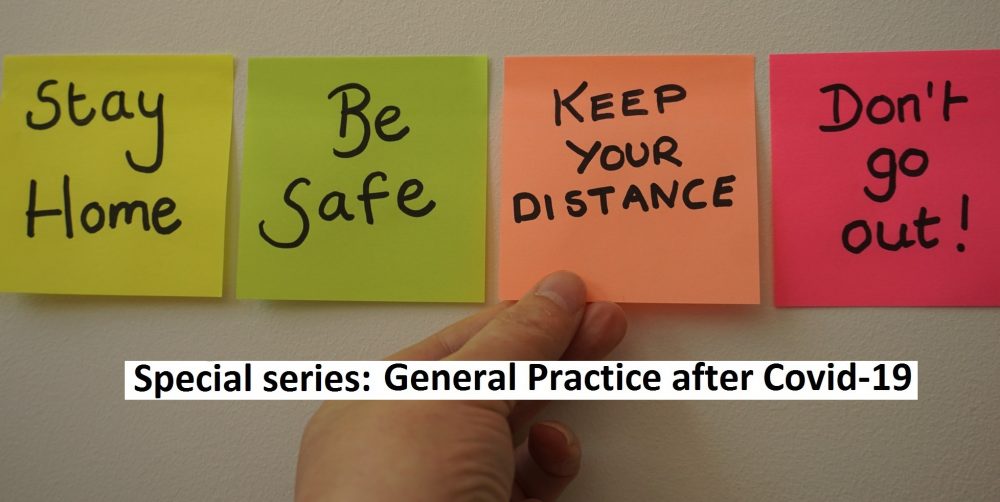

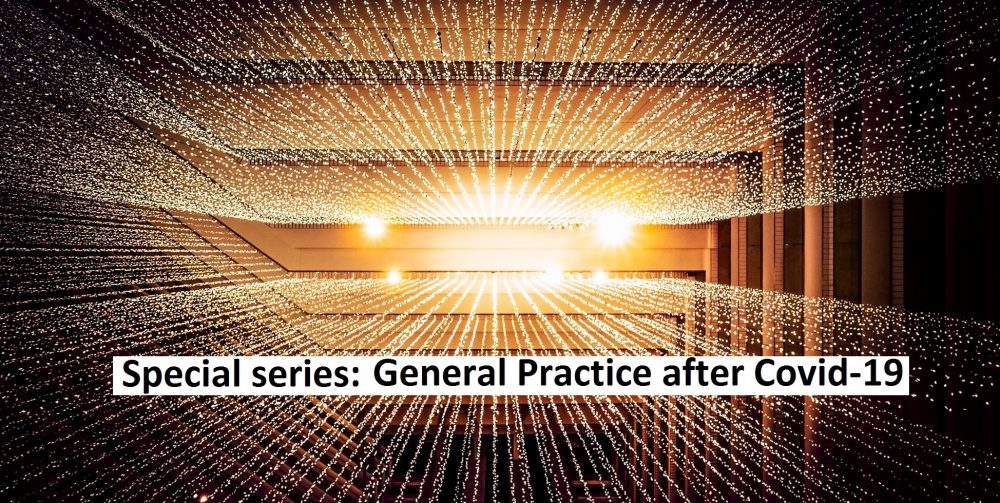
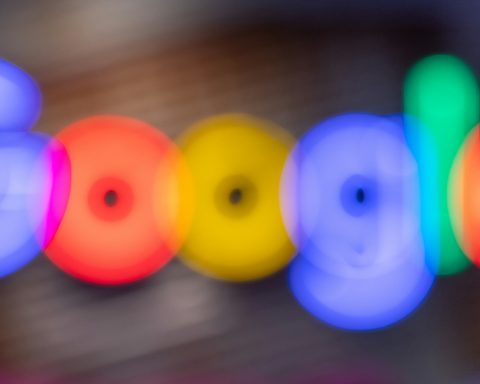



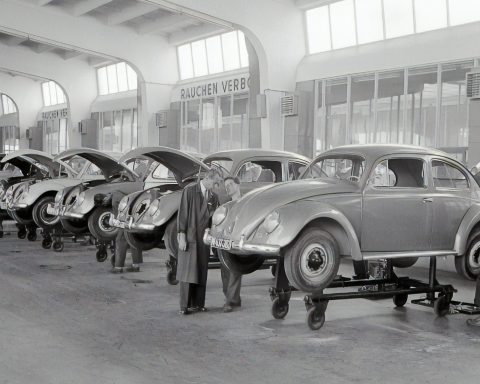
[…] Peter Aird: MEDICINE IN THE TIME OF CORONAVIRUS […]